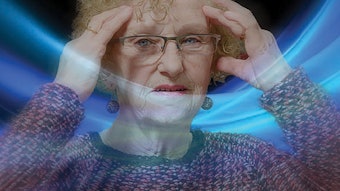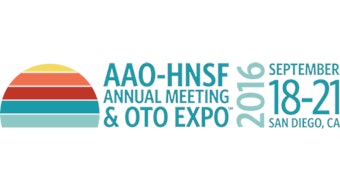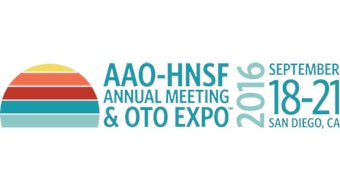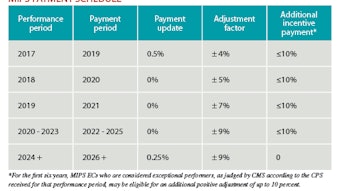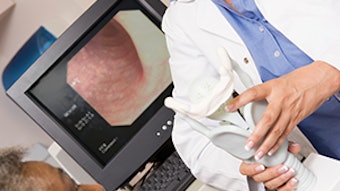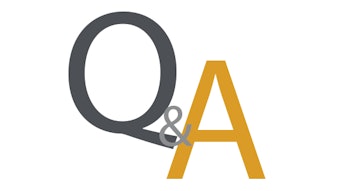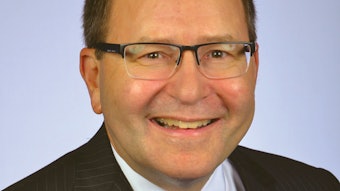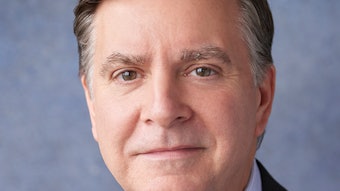Board of Governors: The power of communication
Recently, I was watching a television show set during the reign of Louis XIV of France (1643-1715). King Louis XIV started bleeding and requested his physician. The next scene shows a gentleman at the physician’s home relaying the request and escorting her to the king. In those days, if you wanted to communicate with someone, you had to find that person and relay the message.
Susan R. Cordes, MD
Chair, BOG Legislative Affairs Committee
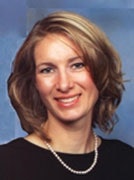

Now more than ever, it is easy to connect with colleagues across the United States and across the globe. Involvement in international otolaryngology can be an enormously rewarding experience. It is exciting to share ideas and learn from our colleagues around the world. I personally had the good fortune to attend the All Africa ENT and Audiology Congress in Rwanda last year, which provided the opportunity to learn about otolaryngology across the African continent. This year, I look forward to the exciting International Federation of Oto-Rhino-Laryngological Societies (IFOS) World Congress. Paris in June—what could be better than that!
The ability to communicate is a gift. The theme of this year’s World Voice Day is “Share Your Voice”. The Academy and the Board of Governors offer so many options for making your voice heard. Take a moment to explore those options and find the right medium for you. By using the tools we have at hand to share and connect with our colleagues in the U.S. and abroad, we demonstrate our appreciation for that gift. In the process, we are likely to grow as otolaryngologists and human beings in ways that we may not have imagined.
